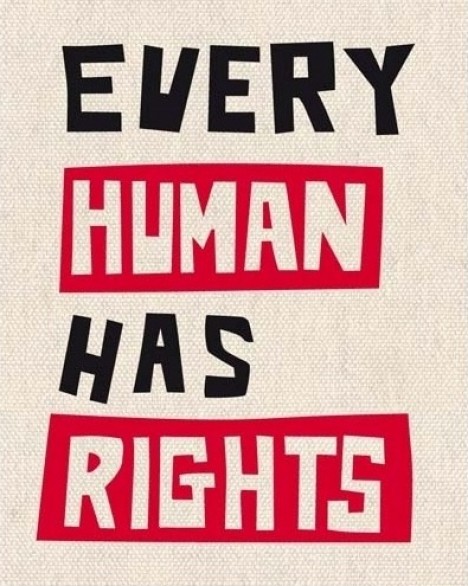In light of the recent efforts by the Jamaican state to chase Rastafari out of their heritage lands in Pinnacle, the state must be reminded that in doing so, it is violating international law and encurring legal responsibility. The Rastafari nation falls within the international legal definition of “indigenous or tribal peoples”, as recognized in various international law documents and instruments, such as Convention 169 of the International Labor Organisation and the UN Declaration on the Rights of Indigenous Peoples.
As made clear by the Inter-American Court of Human Rights in Saramaka vs. Surinam, African communities whose ancestors have been illegally deported from Africa, are beneficiaries of the law of protection confided to indigenous and tribal peoples. The lands they traditionally use and on which the communities live, or lived, are protected by international law.
The judgement of the Inter-American Court for Human Rights is especially relevant to Pinnacle, since the Rastafari, as the Saramaka, are descendants of illegally enslaved and deported Africans who fought to maintain their Africaness and sovereignty. This is the reasoning behind the Inter-American Court’s ruling, when it defined the Saramaka as a “displaced indigenous people”. The same is accurate for the Rastafari nation.
That Jamaica has not ratified the ILO Convention 169 is no detriment to this assessment, as neither is Suriname. In fact, the Court has made it clear that the protection that ILO 169 provides has become a standard of international customary law that even binds states that are not party to the ILO Convention.
Since this ruling by the Inter-American Court of Human Rights, the United Nations have adopted the Declaration on the Rights of Indigenous Peoples. It is generally considered that the Convention recalls what are already standards of international customary law, thus not necessitating ratification by individual states. Art. 26 of the UN Declaration states that indigenous peoples, including displaced indigenous peoples, have a right to the lands that they use. According to Art. 28, in cases where the lands they used and on which the existence of their community depended, have already been taken away, such as with Pinnacle, the indigenous people have a right to restitution of all the lands they have been taken from them.
Art. 1 of the International Covenant on Civil and Political Rights, to which Jamaica is a party, further confirms the right to self-determination. The eviction of Rastafari from Pinnacle clearly violates this statute.
Thus, by the applicable international legal standards, Jamaica has an obligation to respect and protect the rights, especially land rights, of Rastafari, as a displaced indigenous African people. The Jamaican government and state clearly commit a grave violation of international law in its non-respect of Rastafari traditional rights. If the state does not desist from this, we will not hesitate to seek out all venues to secure our rights, including bringing the matter to international attention and addressing the United Nations Human Rights Committee.



The claim for PINNACLE has always been a claim for RASTA Indigenous Rights. It is time to take this matter to the UN with no more delay.
The plans to desecrate this land are nothing short of sabotage. For too long we the Rastafari have been victimized by the governments and their indiscretions. We therefore demand that we are given equal status in the eyes of the law of any other marginalized people failure to do so would be one final abomination to the rights of black people.